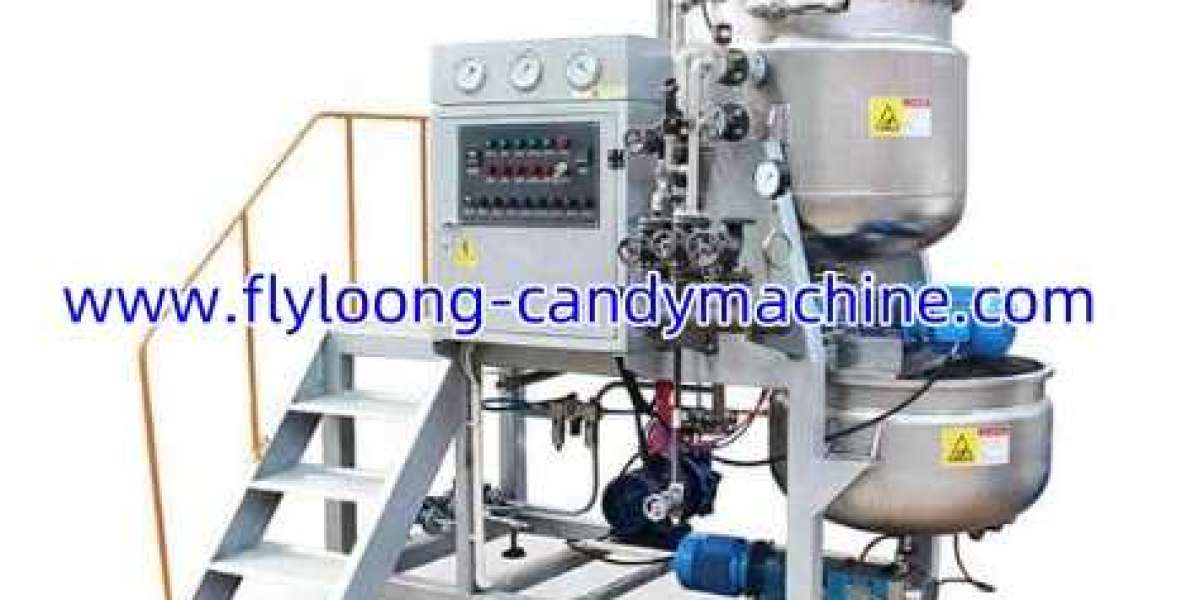The Gas Calorimeter Market is witnessing significant growth due to the increasing demand for accurate measurement of gas energy content in various industries. Gas calorimeters are essential for determining the calorific value of gases, which is crucial for energy production, combustion efficiency, and regulatory compliance. The rising focus on energy efficiency and emissions reduction is driving the adoption of gas calorimeters across sectors such as oil and gas, power generation, and environmental monitoring. As industries seek reliable measurement solutions, the market for gas calorimeters is expected to expand.
The Gas Calorimeter Market is expanding rapidly as industries increasingly focus on energy efficiency, fuel quality measurement, and emission control. Gas calorimeters are analytical instruments used to determine the calorific value or energy content of gaseous fuels. They play a crucial role in industries such as power generation, petrochemicals, natural gas distribution, and research laboratories. With the rising global demand for clean and efficient energy sources, the adoption of advanced gas calorimeters is accelerating, driven by technological advancements and strict environmental regulations.
Market Overview
Gas calorimeters provide essential data for monitoring fuel quality and combustion efficiency. The market is experiencing significant growth due to increased energy production, the transition toward sustainable fuels, and advancements in analytical instrumentation. As industries strive for accuracy and operational safety, demand for automated and digital calorimeters continues to rise. The market is also influenced by the integration of IoT and data analytics, enabling real-time performance monitoring and predictive maintenance.
Market Drivers and Growth Factors
The main drivers of the Gas Calorimeter Market include the expansion of the natural gas sector, environmental compliance standards, and the need for precise energy measurement in industrial processes. Industries are increasingly relying on calorimeters to optimize combustion and ensure regulatory compliance with emission standards. Additionally, the growing adoption of biofuels and renewable gases has created a need for instruments capable of analyzing mixed or variable gas compositions. The continuous shift toward low-carbon energy solutions further boosts demand for gas calorimetry technologies.
Technological Advancements and Innovations
Modern gas calorimeters feature digital interfaces, automation capabilities, and compact designs, offering improved accuracy and operational convenience. The incorporation of machine learning algorithms allows real-time adjustments based on varying gas compositions. Portable and online calorimeters are gaining popularity in field applications, allowing quick and reliable measurements. Innovations such as energy-efficient components, faster analysis times, and enhanced safety mechanisms are key trends shaping the market.
Challenges and Opportunities
Challenges in this market include high costs of advanced analytical instruments and the complexity of calibration processes. However, opportunities are emerging as industries increasingly focus on sustainability and fuel optimization. The rapid expansion of renewable gas and hydrogen industries is opening new market avenues for manufacturers. Additionally, ongoing research into multi-component analysis is expected to enhance the capabilities of next-generation calorimeters.
Competitive Landscape
The Gas Calorimeter Market features numerous key players engaged in developing high-performance instruments and expanding their global footprint. Strategic partnerships, RD investments, and acquisitions are common strategies used to enhance product portfolios. Companies are increasingly focusing on automation, modular designs, and digital integration to meet the evolving needs of the energy and industrial sectors.
Future Outlook
The future of the Gas Calorimeter Market looks promising with the rising emphasis on energy efficiency, sustainability, and emission control. As industries adopt cleaner energy sources, the need for accurate calorific value measurement will continue to grow. Manufacturers focusing on innovation, reliability, and smart technology integration are expected to gain a competitive edge in the coming years.
FAQs
1. What is the main function of a gas calorimeter?
It measures the calorific value of gases to determine their energy content for industrial and research applications.
2. Which industries use gas calorimeters?
Power generation, petrochemical, natural gas, and environmental testing industries commonly use gas calorimeters.
3. What technological trends are shaping the market?
Automation, IoT integration, portable calorimeters, and AI-based analysis tools are leading trends in the market.
More Related Reports:







